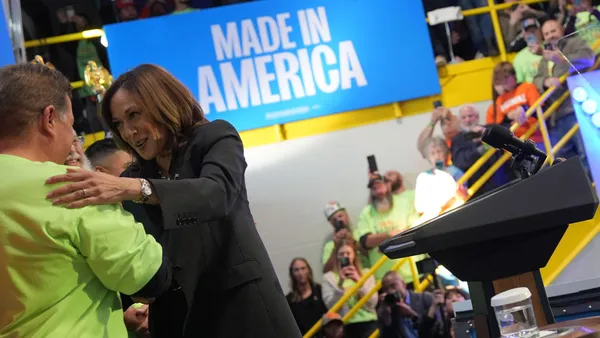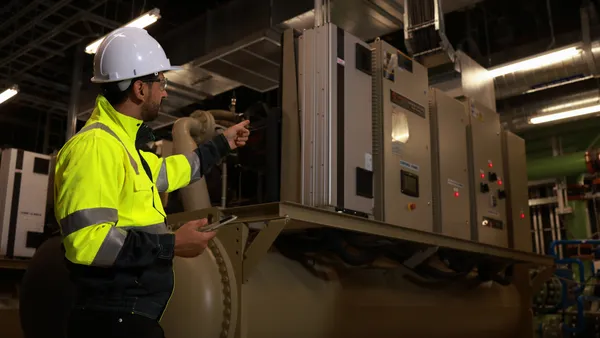We’ve said it before — it will always be important to get pay right. Whether that means figuring out how to offer a high enough hourly rate to attract the talent you need (without impacting your bottom line) or figuring out the right mix of base pay and incentives for a global population of remote workers, you have to strategically design and manage compensation.
Although employers seem to understand and are capitulating to shifting pay in today’s competitive labor market, it doesn’t seem to be doing the trick. Employees and job seekers are not responding to richer pay and benefits. If they do accept an offer? They might not stay. In fact, the rate of employees changing is unheard of even from prior years. Why?
They want more.
Beyond the contractual elements of pay and benefits, employees and job candidates have loudly proclaimed that if they’re going to spend the majority of their life at ‘work’, then they want more. Let’s look at what that means.
Without toppings, it’s just a bowl of ice cream
If you think about the employee value proposition as an ice cream sundae, compensation and benefits are the foundation — a delicious scoop of premium ice cream. But you can’t stop there.
To really have a great sundae, you need toppings that are appealing. Typically, you choose a sauce, like hot fudge or caramel. However, if you’re offered butterscotch, pineapple or even melted peanut butter, that probably enhances the experience. And if you’re able to mix and match the toppings?!? Now you’re talking!
Think about what an employer can offer potential employees beyond their pay and benefits. Flex work has become standard, to some degree. But what about providing the ultimate flexibility and abolishing the idea of work hours and paid-time off? That’s a whole other level!
Beyond flex work, other ‘toppings’ employees are seeking include:
• Enhanced access to mental health support, whether that’s actual practitioners, company provided education or even stress relief options like recreation and massages
• Flexibility to prioritize family responsibilities and being able to live a whole life outside of work
• Enjoyable job duties that provide them with a sense of fulfillment
• Career guidance and skill development for growth-in-place and personal development
• Work culture that is safe, accepting and supportive for all
• Realistic retirement planning; taking into account socioeconomic challenges
These are just a few of the types of rewards that employees desire since COVID-19 forced them to take a hard look at their individual work vs. personal life and the dichotomy it likely poses.
One flavor does not fit all
Employers today need to understand how to effectively provide variety. Offering a higher 401(k) match to a population that is worried about paying their monthly bills is a bit out of touch. For them, it might be better to focus on reducing healthcare premiums, effectively increasing their take-home pay.
What employees want and are concerned about can differ significantly, even if you simply look at the needs of hourly/low-wage vs. higher wage/salaried employees.
Mercer surveyed 2,000 US workers to understand their top concerns. The survey was conducted via conjoint analysis, meaning employees had to make trade-offs between their top concerns and least concerns. The difference between low-wage workers and higher-wage workers was significant.
Then there are the different experiences of people of different gender, ethnicity, religion, etc. How can you — as an employer — know what is important to your employees?
Ask them — they’ll tell you. You just have to listen.
Do you offer sprinkles and whipped cream?
Back to our sundae analogy: in order to not race-to-the-middle in today’s challenging labor market, employers that are competitive are taking into account new offerings and company policies, but also the way they can effectively provide options for their current employees.
Take flex working for example: many employers are offering it, but it doesn’t work for all employees. In reality, some employees don’t even want to work remotely, but they may want to start their day earlier or end sooner to pick up their kids from school. Can you offer that kind of flexibility? That’s what truly makes it a sundae — letting the customer, your employees, create the sundae that makes them happy.
A happy employee is one step closer to the “cherry on top,” meaning they take pride in and feel fulfilled working for your organization.
Looking for help assessing your employee value proposition?
Mercer is here to help with industry experts as well as a skilled transformation team. Let us help you identify the next evolution of your employee value proposition.
Contact us via email or by calling 855-286-5302.










